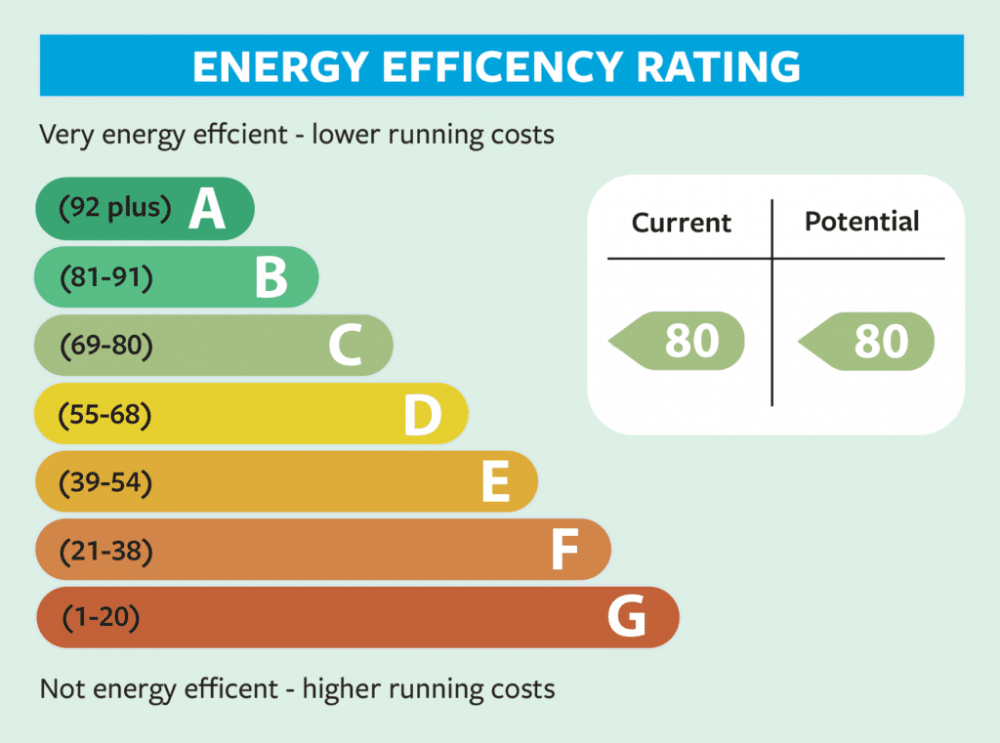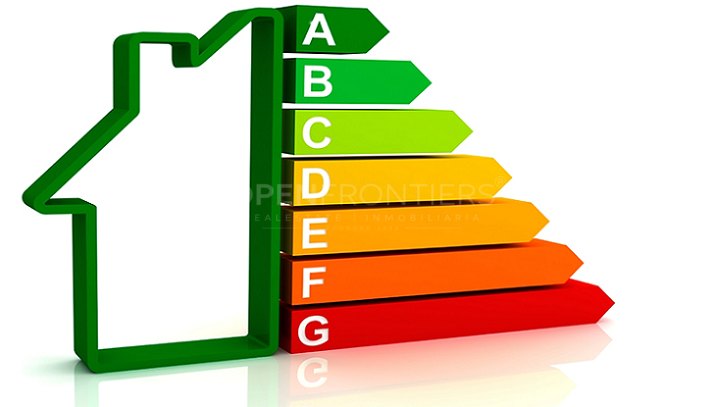Energy Certificate Essentials: Enhancing Your Home’s Sale Value and Importance

The Energy Certificate, Certificado de Eficiencia Energética (CEE), or Energy Performance Certificate (EPC), has been a crucial element in the real estate sector since June 1, 2013. This requirement applies to anyone selling or renting a property, whether for short or long-term periods. However, there are some notable exceptions to this rule, which will be discussed later in this article.
An EPC is essentially a report that evaluates the energy efficiency of a home, taking into account its electricity, water, and gas consumption. It provides a rating that ranges from “A” for the most efficient homes to “G” for those that are least efficient. This rating system allows potential buyers or renters to understand a property’s energy usage and efficiency at a glance.
To obtain an EPC, one must approach a registered EPC Assessor. This field has seen a significant increase in professionals, including renewable energy specialists, architects, surveyors, and construction engineers, who are qualified to assess a property’s energy performance and issue an EPC.
The responsibility of obtaining an energy certificate generally lies with the property seller, or in the case of a newly constructed building, the responsibility falls on the developer. Once issued, the EPC provides a ten-year guarantee for the property. It is imperative for real estate agencies, particularly those entrusted with the sale of the property, to have a copy of the energy certificate on file. Failure to possess a valid EPC can result in substantial fines, up to €4,000.
It’s essential to understand which properties require an EPC and which are exempt. If you plan to sell your property or rent it out for more than four months, obtaining an EPC is mandatory. Without this certificate, it’s not legal to sell or rent out the property for periods exceeding four months. For property sales, the seller must present the original EPC, and for new rental agreements, a photocopy of the certificate should be attached to the contract.
Estate agents are also required to display the energy label clearly in their advertising materials. This includes posters, online listings, and brochures. It’s a way of ensuring transparency and providing potential buyers or renters with immediate information about the property’s energy efficiency.
When is an energy certificate not required?
In some cases an energy certificate is not required as certain conditions are present, the following list provides us with information on when an EPC is not an obligation:
- Properties with a floor area less than 50 square meters.
- Buildings purchased for significant renovation or demolition.
- Buildings or parts of buildings used for less than four months a year.
In addition to being a legal requirement, having an energy certificate (EPC) can add value to your property. It’s also a prerequisite for obtaining a holiday rental license, where applicable. The respective Autonomous Community has inspection teams to ensure compliance with these regulations. The absence of a valid EPC can lead to serious fines, with the penalty’s severity depending on the nature of the offence.
In summary, the introduction of the Energy Performance Certificate has been a significant step towards improving energy efficiency and environmental awareness in the real estate market. It not only ensures that properties meet certain energy standards but also helps in making informed decisions for buyers and renters alike. The EPC outcome has even come to affect purchasing decisions and the value a property is given when it comes to valuing it. As the world moves towards more sustainable living practices (and a higher demand from buyers for these sustainable energy solutions), the importance of such certifications is likely to grow, making them an integral part of property transactions.



















































